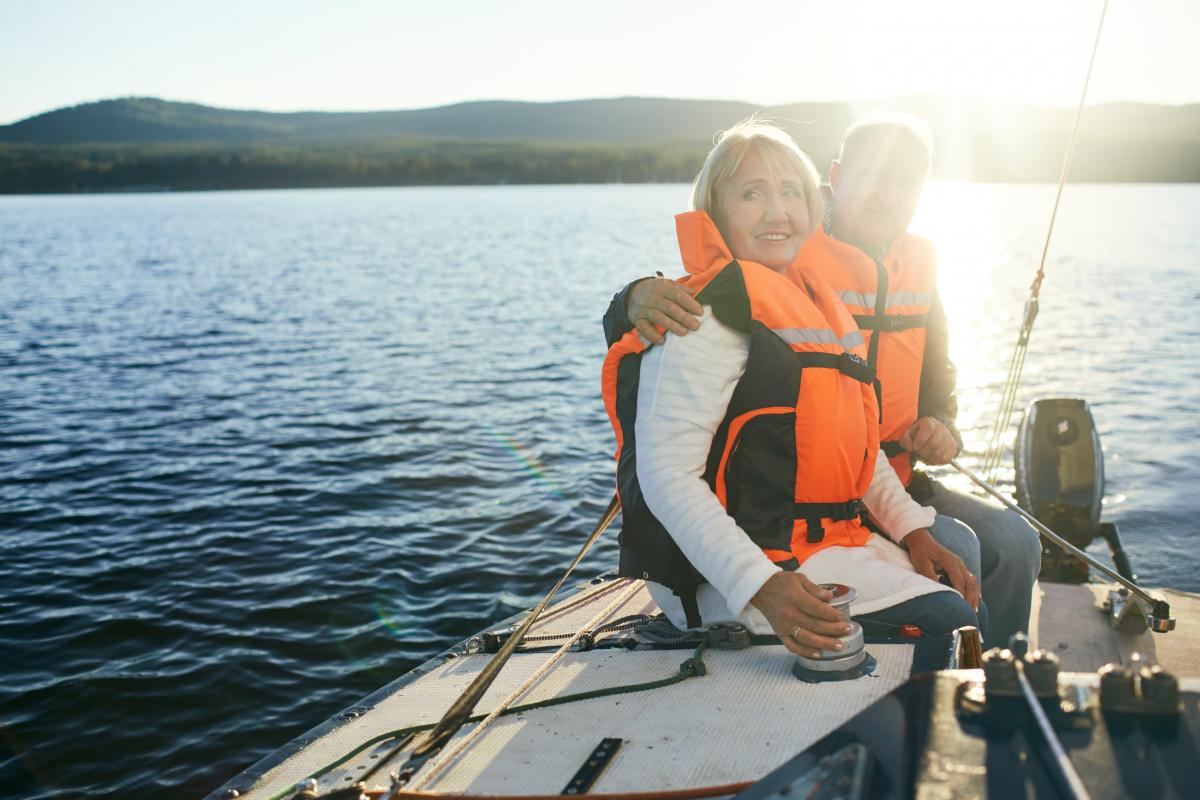
Boating Safety: Reducing the Risk of Water-Related Accidents
Boating is a beloved pastime for many, offering a blend of relaxation, adventure, and a unique connection to nature. However, like any activity involving water, it comes with inherent risks.
Understanding and implementing boating safety measures is crucial in reducing the risk of water-related accidents. This blog explores essential safety tips and best practices to ensure your time on the water remains enjoyable and incident-free.
Understanding the Risks
Boating accidents can occur due to various factors, including operator inexperience, equipment failure, poor weather conditions, and failure to adhere to safety regulations. According to the U.S. Coast Guard, the leading causes of boating accidents include operator inattention, improper lookout, inexperience, excessive speed, and machinery failure. Understanding these risks is the first step in mitigating them.
Essential Safety Equipment
Having the proper safety equipment on board is a non-negotiable aspect of boating safety. Here is a list of essential items every boat should carry:
- Life Jackets: Ensure there are enough life jackets for every person on board. Florida Fish and Wildlife Conservation Commission (FWC) states, “All vessels are required to have onboard a wearable U.S. Coast Guard-approved life jacket or PFD [Personal Flotation Device] for each person.” The life jackets should be properly fitted, in good condition, and easily accessible. Remember, children should have life jackets designed for their size and weight.
- First Aid Kit: A well-stocked kit is essential for treating minor injuries and can be crucial in more serious situations until professional medical help is available.
- Fire Extinguisher: Fires can happen on boats, especially those with enclosed compartments and built-in fuel tanks. Having a functional fire extinguisher on board can prevent a small fire from becoming a catastrophe. Make sure the extinguisher is easily accessible and that all passengers know how to use it.
- Distress Signals: Visual and auditory signals such as flares, whistles, and horns can alert others to your need for assistance. These should be kept in a waterproof container and checked regularly for expiration dates.
- VHF Radio: A VHF radio is vital for communication, especially in areas without cell phone coverage. It allows you to communicate with the Coast Guard, other boats, and emergency services.
- Navigation Lights: Navigation lights are essential for preventing collisions when boating at night or in low-visibility conditions.
Pre-Departure Checklist
Before setting off, it is important to conduct a thorough pre-departure check. Here are some key points to consider:
- Weather Check: Always check the weather forecast before heading out. Sudden weather changes can pose significant risks. If the forecast predicts rough conditions, postponing your trip is best.
- Fuel and Battery: Ensure you have enough fuel for your trip and your battery is fully charged. Running out of fuel or having a dead battery can leave you stranded.
- Engine and Equipment Check: Regularly inspect your boat’s engine and other critical equipment. Look for any signs of wear and tear and address any issues before departure.
- Float Plan: Inform someone onshore about your float plan. This should include your planned route, expected return time, and contact information. This information is vital for search and rescue teams if you do not return as scheduled.
Safe Boating Practices
Once you are on the water, adhering to safe boating practices is essential. Here are some guidelines:
- Stay Sober: Operating a boat under the influence of alcohol or drugs is illegal and highly dangerous. Impaired judgment and slowed reaction times can lead to accidents.
- Follow Speed Limits: Adhere to speed limits and operate your boat at a safe speed. Driving your boat safely at a safe speed gives you plenty of time to react to anything in front of you. High speeds increase the risk of accidents, especially in crowded areas or near the shore.
- Be Aware of Your Surroundings: Be vigilant for other boats, swimmers, and obstacles in the water. Operator inattention is a leading cause of accidents.
- Respect Navigation Rules: Familiarize yourself with and follow the navigation rules of the waterways. These rules are designed to prevent collisions and ensure safe passage.
- Avoid Overloading: Do not exceed the boat’s passenger capacity or weight. Overloading can affect the boat’s stability and increase the risk of capsizing.
Continuous Learning
Boating safety is an ongoing learning process. Take advantage of boating safety resources offered by organizations such as the U.S. Coast Guard Auxiliary or the American Red Cross. These courses cover various topics, including navigation, emergency procedures, and boating laws.
If you or a loved one has been involved in a boating accident, the aftermath can be overwhelming. Such an incident can take a physical, emotional, and financial toll. If you or someone you know has suffered from a boating accident, contact us at office@carrilloinjurylaw.com or 352.371.4000 for a free consultation.
- Log in to post comments